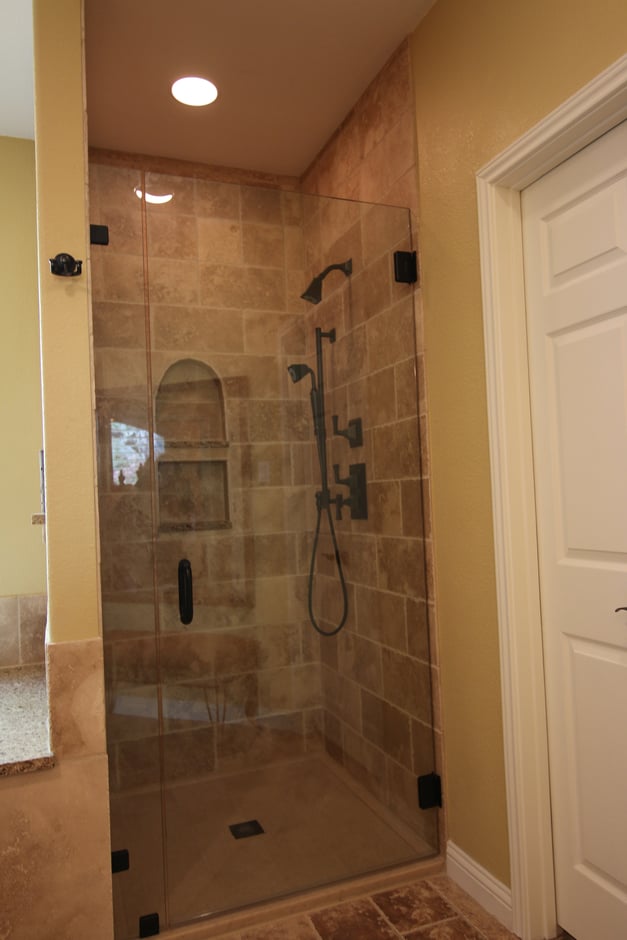The goal of Universal Design is to create a living environment allowing as many people as possible to use it without further major adaptations. Simply defined, Universal Design is a human centered method of design seeking to create environments and products offering safety and comfort for all people with no need for further adaptation or functional changes. No one ever enters a well thought out inclusive Universal Design room reporting the room as being accessible. Everyone does mutually agree it is a good idea. Universal Design creates a supportive environment where the home is designed to suit the homeowner’s changing needs from children to adults. Universal Design addresses future accessibility concerns in newer homes and present day remodels when used in the building process.
A serious accident is not always required to bring to realization the short comings of an inaccessible home. The limitations and demands of an aging body, the needs of a child, or an elderly visitor distinguish this awareness. The earlier in life the elements of Universal Design are used in a home the longer the entire family has to enjoy them. Once disability is recognized and conceived in a way forcing the redesign of the living environment, it never appears abnormal using Universal Design. It appears to most people as a creative aspect of a home. The invisible nature of this design process allows everyone to benefit from its accessibility without calling attention to anyone. Most everyone benefits from Universal Design because if a design works well for the disabled it works better for everyone on a universal basis. It offers flexibility and adaptability for adding universal accessories now and later to those planning ahead or to the end user. It does not matter if a person is young or old, short or tall, healthy or ill. They might have a disability or be a star athlete. With Universal Design ideas, very diverse and different people enjoy the same home no matter the circumstances.
Universal Design features in a home involve the use of standard universal building products and materials arranged differently or completely omitted for accomplishing greater accessibility with fewer architectural barriers. The same building processes are used for both traditional designs and Universal Designs. The difference is in the final overall open plan and layout and the uninterrupted traffic flow potential of the universal home. How successful a Universally Designed home is depends on how occupants and future visitors feel when entering. The universal home is comfortable for children, a visiting older relative, or a friend who is ill or injured. It is more advantageous if people simply change their way of thinking and ultimately the way the homes are built from the beginning. This is the only way of building forever homes for the future. If everyone demands homes capable of aging requiring fewer major and only minor modifications eventually to Age in Place, the home building industry finally satisfies the needs of consumers.










